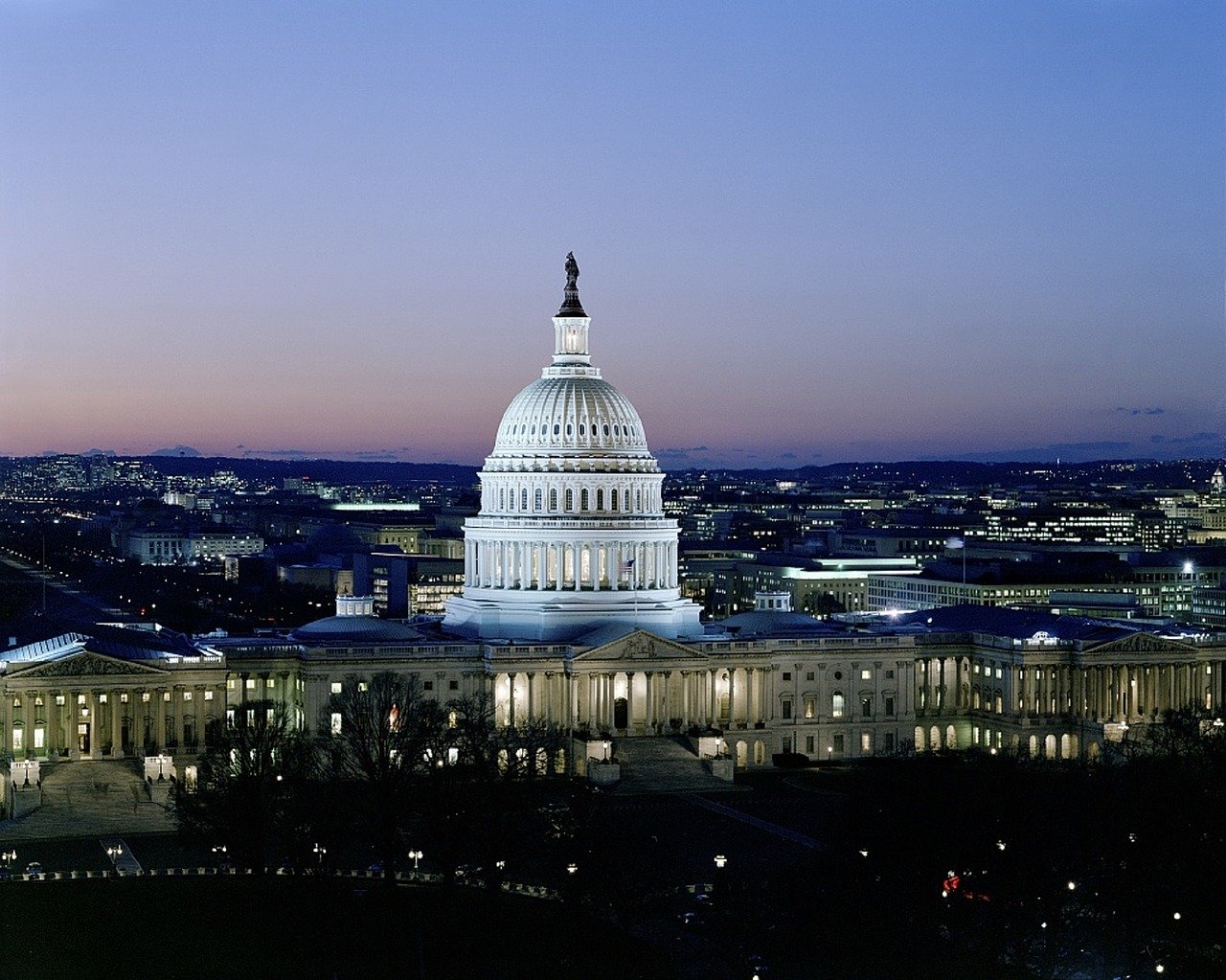The Big Lie Exception to the Filibuster Rule | Opinion
March 24, 2021 | Dick Gephardt, Timothy E. Wirth and Tom Rogers | Newsweek
Protecting American’s right to vote is shaping up to be the central civil rights battle of the Biden presidency, and the massive effort to suppress that right needs to be addressed head on, now.
Three months into 2021, some 253 pieces of legislation and counting have already been introduced by Republicans at the state government level aimed at stifling voter participation and doing so in a way that is largely aimed at diminishing potentially Democratic votes from minority communities. Some have called it the biggest assault on voting rights since the Jim Crow era. …


